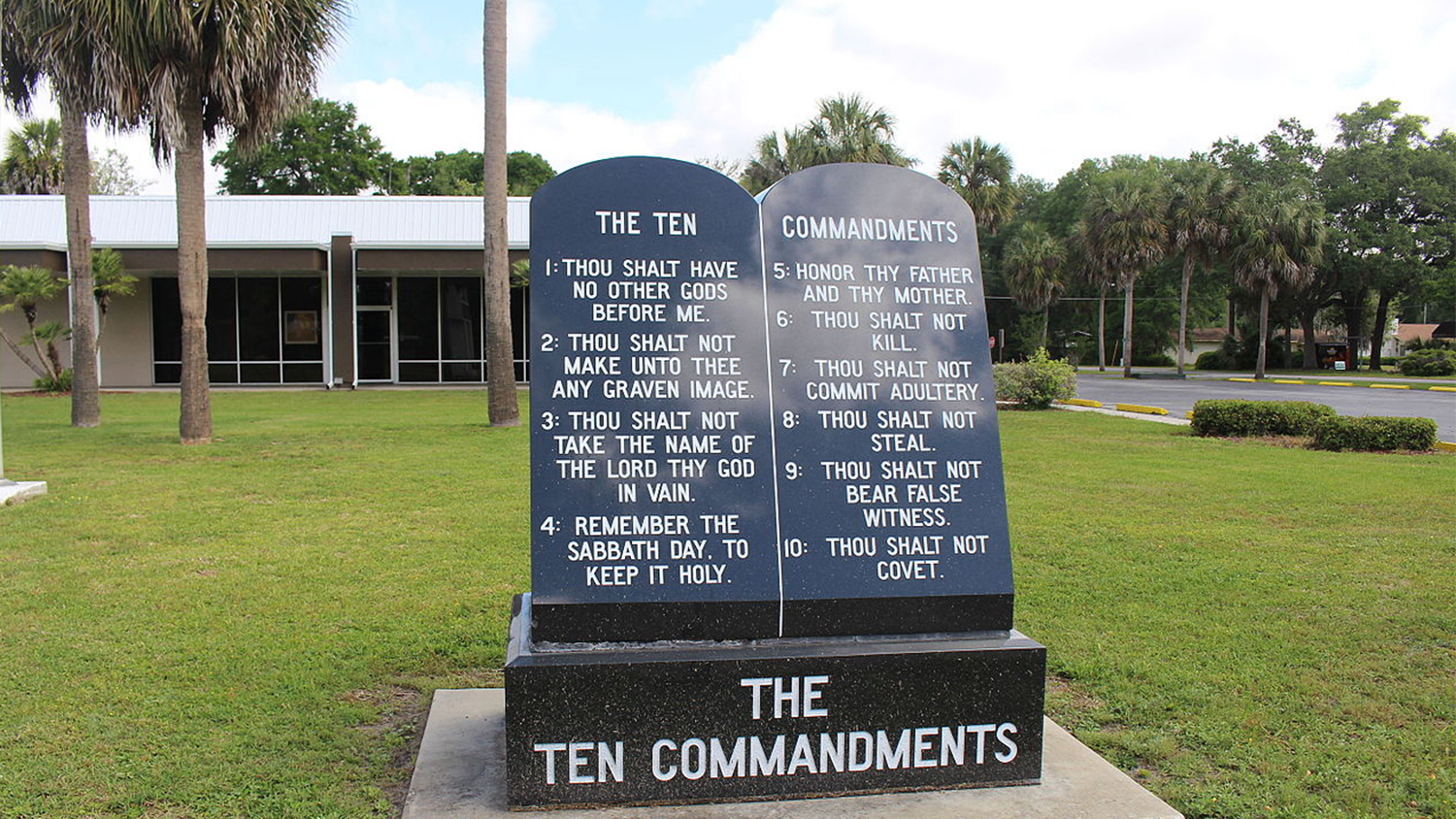
DENVER — In a 6-to-6 decision, the full U.S. Court of Appeals for the 10th Circuit Thursday narrowly decided not to review a three-judge panel’s determination that a Ten Commandments display at the Haskell County, Oklahoma, Courthouse is unconstitutional. Attorneys with the Alliance Defense Fund plan to appeal the case to the U.S. Supreme Court.
“Americans shouldn’t be forced to abandon their religious heritage simply to appease someone’s political agenda,” said ADF Senior Counsel Kevin Theriot. “As some of the dissenting judges pointed out, the three-judge panel’s decision is in conflict with both the U.S. Supreme Court and other federal appellate courts. There is no difference between this Ten Commandments display and the one at the Texas state capitol that was upheld by the U.S. Supreme Court nearly five years ago.”
The American Civil Liberties Union filed suit to have the monument removed on behalf of a man who claims he was offended by it. In August 2006, a federal district court judge ruled that the presence of the Ten Commandments monument on the Haskell County Courthouse lawn was constitutional. The courthouse lawn area also includes memorials to veterans of World War II, the Vietnam War, and the Korean War; an Unmarked Graves monument; a Choctaw Indian Tribe Monument; as well as numerous other items commemorating significant events. The ACLU then appealed the decision to a three-judge panel of the 10th Circuit, which reversed the district court’s ruling in June. ADF attorneys appealed to the full court for review.
In a dissenting opinion accompanying the order in Green v. Haskell County Board of Commissioners, Judge Paul J. Kelly, joined by others, wrote, “The court’s decision in this case perpetuates a regrettable misapprehension of the Establishment Clause: that recognition of the role of religion in this country’s founding, history, traditions, and laws is to be strictly excluded from the civic sphere…. The opinion strongly suggests that Ten Commandments displays authorized by small-town commissioners who harbor personal religious beliefs are unconstitutional establishments of religion. Such a conclusion is not only inconsistent with the original meaning of the Establishment Clause, but is also plainly contrary to the Supreme Court’s precedent in Van Orden v. Perry.”
“This display, like the one upheld by the Supreme Court, was donated and paid for by a private individual and displayed among numerous other monuments to veterans, pioneers, and others,” Theriot explained. “The emotional response of a single, offended passerby does not amount to a violation of the Establishment Clause.”
ADF is a legal alliance of Christian attorneys and like-minded organizations defending the right of people to freely live out their faith. Launched in 1994, ADF employs a unique combination of strategy, training, funding, and litigation to protect and preserve religious liberty, the sanctity of life, marriage, and the family.

